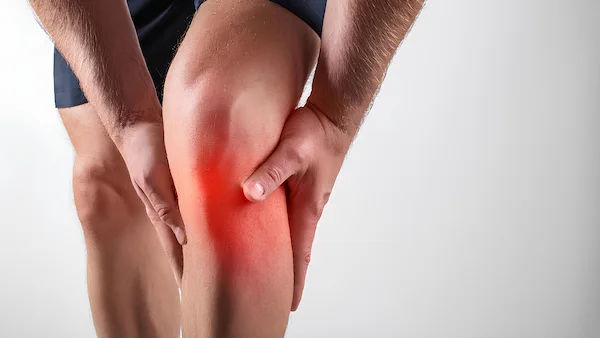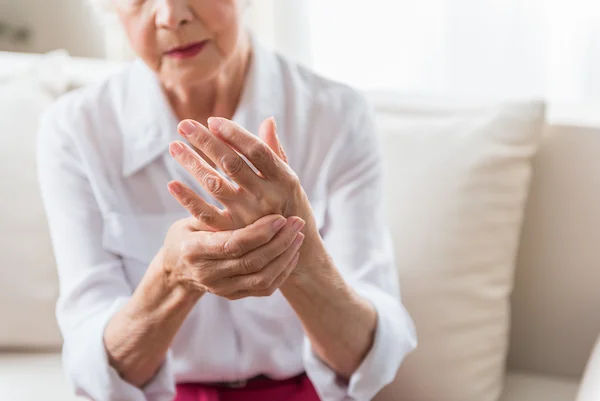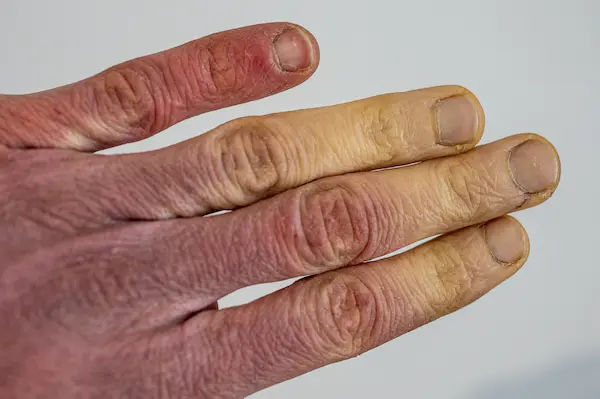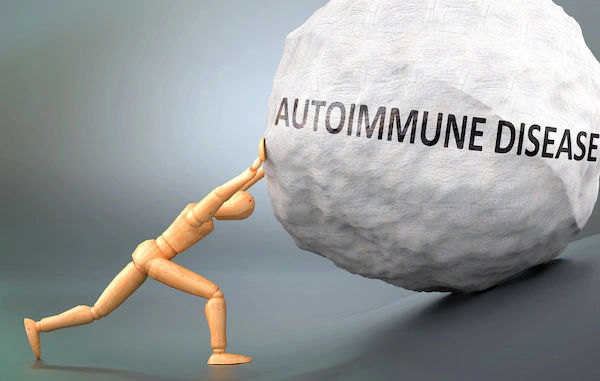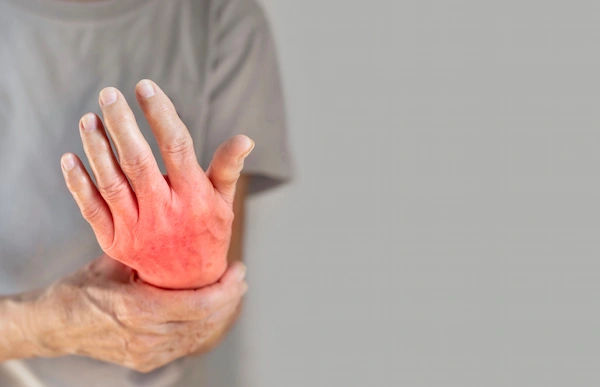- Male
- 32 Years
- 29/01/2025
I've been feeling weak ever since I got a viral fever 10 days ago. I'm also experiencing joint pain when I walk, which started around the same time as the fever. Should I be worried about this, and what should I do to start feeling better?
More Rheumatology Health Queries
View allI've been dealing with this annoying sternum pain for about three years now. Its not super intense; its more like a mild ache where the rib meets the sternum. It tends to ease up a bit when I do exercises like push-ups or apply ointments, but then it comes back after a while. I'm really looking to get rid of it for good. I'm wondering if there are any specific tests I should consider? Also, if you could recommend any doctors around Navi Mumbai who might be able to help, I'd really appreciate it.
The symptoms you are describing could be related to costochondritis, which is inflammation of the cartilage that connects a rib to the sternum. To help alleviate the pain, you can try taking over-the-counter nonsteroidal anti-inflammatory drugs (NSAIDs) such as Ibuprofen. The recommended dosage is usually 400mg to 800mg every 6 hours as needed for pain. In addition, applying a topical NSAID cream such as Diclofenac gel to the painful area may also provide relief. You can apply a thin layer of the gel to the sternum area up to 4 times a day. It is important to consult with a doctor to confirm the diagnosis and rule out any other potential causes of your symptoms. You may need to undergo tests such as an X-ray or MRI to further evaluate the condition of your sternum and ribs.
Answered by 1 Apollo Doctors
My wrist bones are really thin, and it's starting to worry me. Is there any medicine I could take to make them thicker, or any method that could help? Id really appreciate some advice on this.
Thin wrist bones can be a concern; while there's no specific medicine to "thicken" bones, you can focus on maintaining strong bone density through a balanced diet rich in calcium (dairy, leafy greens) and vitamin D (sunlight, supplements), regular exercise (weight-bearing, resistance training), and adequate hydratio
Answered by 1 Apollo Doctors
I've been dealing with high uric acid levels and was at around 7.6 a couple of months ago. After starting on zyloric 100 mg tablets daily, it's dropped to 6. But I'm still struggling with a burning sensation in my feet. My uncle, who's a doctor, suggested I try Rejunuron injections, so I took five doses of the 500 mcg injection. Even with that, the burning feeling hasn't gone away. Could you help me understand why this might still be happening and what steps I could take to get rid of this annoying burning in my feet?
That could be Peripheral neuropathy,take vit B12 shot once in a week for 4 weeks and later alternate weeks and also massage your feet by placing them in warm salt water at bed time tjis would help,if its still becoming worse visit Physician for medical treatment
Answered by 1 Apollo Doctors
Disclaimer: Answers on Apollo 247 are not intended to replace your doctor advice. Always seek help of a professional doctor in case of an medical emergency or ailment.


